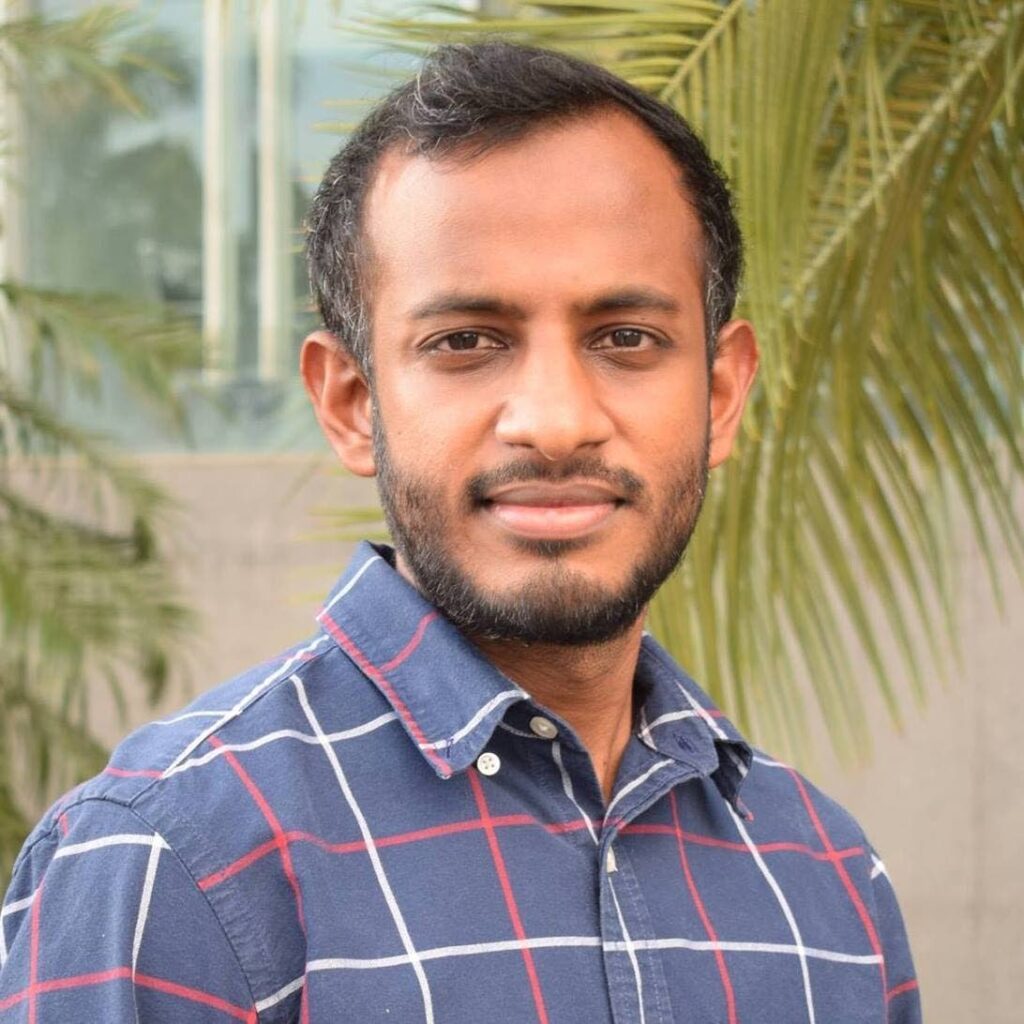Finding meaning in medicine: Why was it so difficult?

Taureef Mohammed
SOME YEARS ago, during a lecture on campus, a palliative care doctor asked the audience – a large group of young doctors just out of medical school – what were the first words that came to mind when they heard "palliative care." The audience answered anonymously on their mobile devices and the result was displayed as a word cloud on the screen. I can’t remember the exact words individually, but I remember the word cloud was very dark. Sad. Depressing. Dying. Death. They must have been up there.
I don’t think the palliative care doctor was shocked by the result. We were a group of young doctors just out of medical school. It was time to help humanity. It was time to save people. We had already bought our superhero suits – scrubs – and collected our pagers. We were ready to answer the call.
And so, we started specialty training. With time, we slowly realised that palliative care was not the only specialty that was sad and depressing. Some of us said oncology was depressing.
According to a 2012 study published in the Journal of Ageing Studies, some of us found caring for the elderly to be “frustrating” and “boring.” I thought the intensive care unit (ICU) was kind of depressing. And before that, during internship, I thought there was nowhere more soul-destroying than Wards 53 and 54, the adult medicine wards at Port of Spain General Hospital. We had applied to medical school saying we wanted to help. But somehow helping had become sad, depressing, boring, frustrating, soul-destroying.
But we carried on, saying it is what it is – meh. In our scrubs and white coats, we looked like the doctors on TV, but our patients did not look like the patients on TV. Our patients were older and died more frequently. Several studies have shown that patient outcomes on medical TV dramas were misleading.
A 2021 study that looked at cardiopulmonary resuscitation (CPR) scenes from Chicago Med, Code Black and Grey’s Anatomy concluded: “Medical dramas continue to misrepresent the demographics (patients were younger)…and outcomes (everybody survived) of cardiac arrest.” We looked like the doctors on TV but did not feel like the doctors on TV – we did not feel like heroes. It was a serious mismatch.)
Did we have wrong expectations about this noble profession? Was this predicament just a consequence of medicine’s advancement and modern medicine’s complexity?
Centuries ago, before antibiotics and other major scientific advancements, all doctors were, in a sense, palliative care doctors. Back then, there was nothing more that a doctor was expected – or was able – to do other than comfort – palliate – a patient.
The Doctor by Sir Luke Fildes, a painting from the 1800s, captured bedside medicine at that time. Colin Douglas, physician and author, wrote about the painting in an article for the British Medical Journal: “The doctor broods, and in truth there was very little more he could do…” Despite their “professional powerlessness,” Douglas wrote, 18th-century and 19th-century physicians were still regarded in high esteem, and depicted as heroes in fictional stories. Their work was meaningful – not sad and depressing. Simple times.
Spending the last month on palliative care gave me a glimpse of these simple times. It was not that palliative care doctors practised 18th-century medicine – trust me, nothing in medicine is so simple anymore. More so, it was observing how fulfilled everybody seemed, how appreciative patients and their families were. It was realising that years ago, in a lecture hall, we all got it totally wrong. Palliative care was anything but sad and depressing.
Perhaps nothing in medicine was ever sad and depressing. I think we all just took time to find a place where we found meaning. I wonder if the complexity, the misrepresentations, the mistrust that reared its head in the public every now and then, the wrong assumptions, made it more difficult for us young doctors to find that place. For me, it certainly did.
But we were right about one thing: medicine is what it is. Regardless of the specialty, practising medicine is full of ironies and contradictory feelings; it pulls you up one day, pushes you down the next; it is one of the most humanistic endeavours. I absolutely love it!
This is my last column in this space for now. I need to step away as I aim to complete my training in a few months. Thank you for reading.
Taureef Mohammed is a geriatric medicine fellow at Western University, Canada. E-mail: taureef_im@hotmail.com


Comments
"Finding meaning in medicine: Why was it so difficult?"